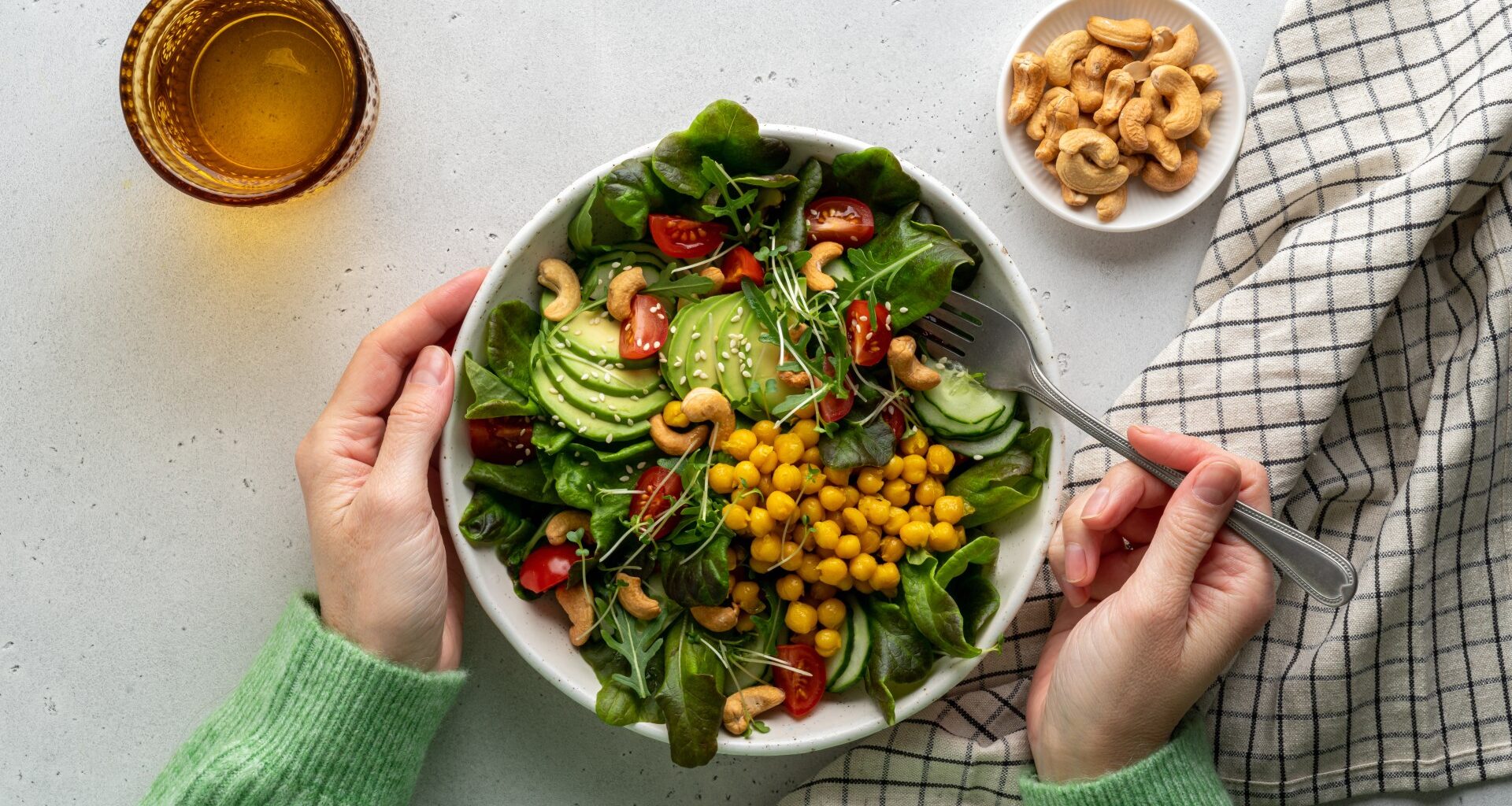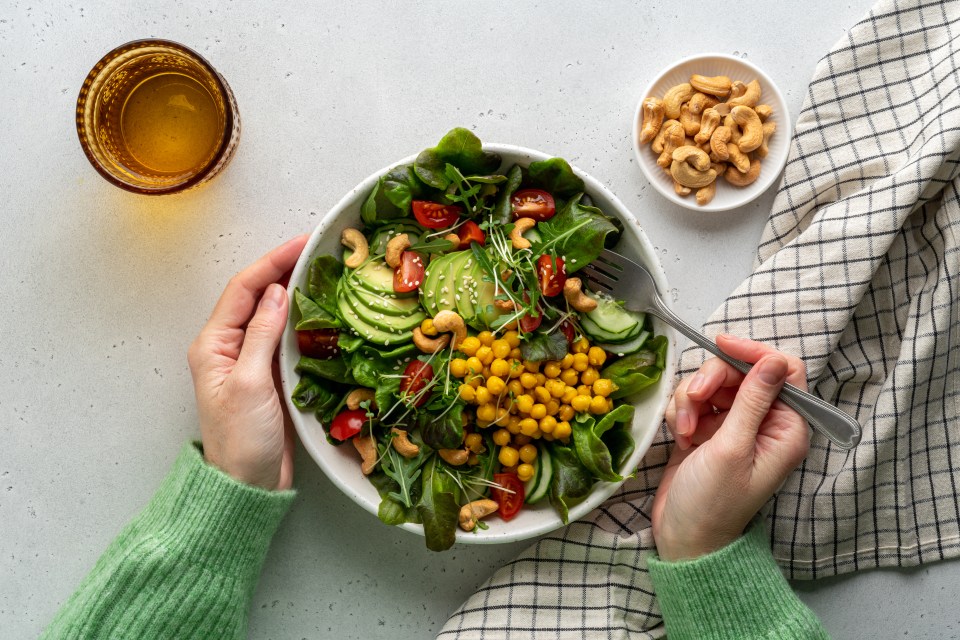WITH 152.8 million people estimated to have dementia by 2050, it’s vital people do what they can to prevent cognitive impairment.
And eating plenty of foods from a specific food group could be part of that, say researchers.
1
Copper is vital for several physiological functions within the human body – including brain health, according to new findingsCredit: Getty
Dietary choices can influence the risk of developing dementia.
A diet rich in fruits, vegetables and healthy fats, like those found in a Mediterranean-style diet, is generally associated with a reduced dementia risk.
While diets high in processed foods and certain types of meat may increase a person’s likelihood of developing the disease.
But now a new study has suggested specifically boosting copper in the diet could support sharper thinking in later life.
Copper is vital for several physiological functions within the human body.
It’s essential for energy production, connective tissue formation, and maintaining healthy blood vessels, nerves, and the immune system.
But until now, the relationship between cognition and copper remains poorly understood.
The study published in Scientific Reports involved 2,420 participants with a mean age of 69.3 years and a BMI of 29.2.
Dietary copper intake was positively associated with cognitive test scores.
And test scores increased with an increase in copper intake.
Signs of dementia that might be missed
These associations remained significant after adjusting for various covariates, such as age, gender, race-ethnicity, smoking status, alcohol status, hypertension, and cardiovascular disease history.
Copper’s potential brain benefits may stem from its role in making acetylcholine – a key neurotransmitter for learning and memory.
However, the researchers noted further analyses would need to be carried out to corroborate these findings.
Find out the most affordable sources of dietary copper below…
Cheapest sources of dietary copper
- Legumes – lentils, chickpeas, adzuki beans, baked beans, and kidney beans
- Dark leafy greens – spinach, kale, and Swiss chard
- Potatoes and sweet potatoes
- Whole grains – quinoa, oats, whole wheat spaghetti, wholemeal bread, and brown basmati rice
- Nuts and seeds- almonds, cashews, sesame seeds, sunflower seeds, walnuts, Brazil nuts, sunflower seeds
Other dietary sources of copper:
- Shellfish
- Organ meats
- Dark chocolate
Adults aged 19 to 64 need 1.2mg of copper a day.
You should be able to get all the copper you need from your daily diet.
Other studies have suggested more potential benefits of copper, like improved cardiovascular health and bone density.
Copper is involved in the function of enzymes that help reduce oxidative stress, which can contribute to cardiovascular disease.
Some studies suggest higher dietary copper intake may be associated with lower rates of cardiovascular disease.
But other studies have found mixed results.
And a 2015 study found post-menopausal women with low bone density had low copper levels, and that copper supplementation might be beneficial.

